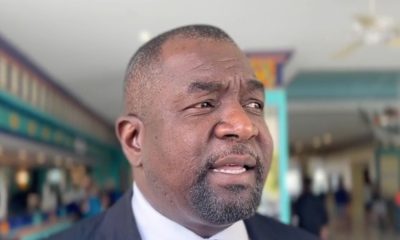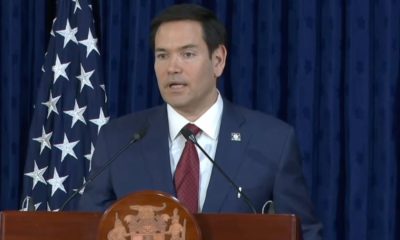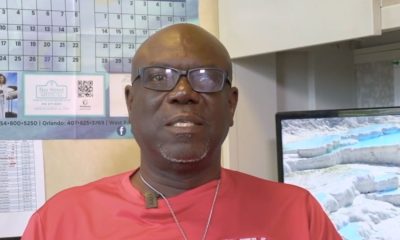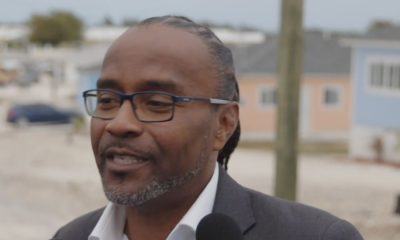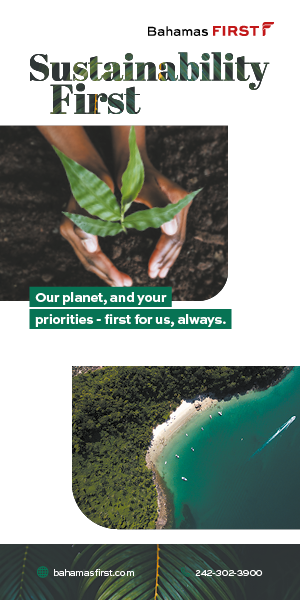Advertisement

Advertisement

Advertisement

Advertisement

Advertisement

Advertisement

Advertisement

Advertisement

NASSAU, BAHAMAS – Haiti, a nation facing a complex and multidimensional crisis, continues to grapple with political turmoil, economic collapse, and escalating violence.
Over the past decade, the country has endured devastating natural disasters, social unrest, and institutional weaknesses, all of which have contributed to an increasingly dire situation.
The security situation, particularly in the capital, Port-au-Prince, has worsened significantly.
Gangs control major transportation routes, extorting businesses and disrupting economic activity.
As a result, Mounir Mahmalat, Senior Operations Specialist at the World Bank, says Haiti has seen a nearly 40% drop in economic output compared to projections from 2018, with estimated losses reaching close to $9.7 billion due to increased gang violence.
Mounir Mahmalat – Senior Operations Specialist, World Bank
“For them, it’s very important to control streets, access routes, transportation routes in order to tax businesses and people that like to go from, um, point A to point B. That unfortunately has severe impacts on economic activity.”
Satellite imagery shows a stark contrast between Haiti and its neighbor, the Dominican Republic, where economic activity has remained steady.
In Haiti, key regions such as Port-au-Prince and Tiburon have seen sharp declines in production and business operations due to ongoing instability.
Mounir Mahmalat – Senior Operations Specialist, World Bank
“We see poverty rates increasing.
We see food insecurity skyrocketing, and access to essential services, including health, water, and sanitation, unfortunately declining, in particular as a result of looting.”
Despite these challenges, there are signs of resilience, according to the World Bank.
The Haitian government and political factions have agreed on a power-sharing arrangement, paving the way for future elections.
On the security front, the United Nations has authorized the deployment of a multinational security support mission, led by Kenya, to assist Haitian forces in stabilizing the country.
Economically, while disruptions persist, Haiti’s private sector remains determined to push forward.
The World Bank has adapted its approach to be more flexible, focusing on safeguarding essential institutions and strengthening community resilience.
Mounir Mahmalat – Senior Operations Specialist, World Bank
“The overarching goal that we are trying to follow here is to build resilience and to preserve essential institutions and human capital, um, all while laying the foundation for economic recovery.”

 Court2 days ago
Court2 days ago
 Court2 days ago
Court2 days ago
 Court2 days ago
Court2 days ago
 Sports22 hours ago
Sports22 hours ago
 International2 days ago
International2 days ago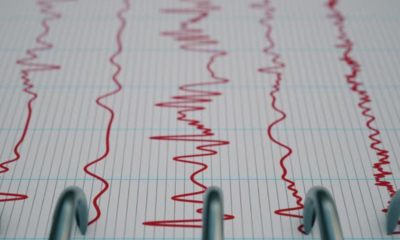
 International2 days ago
International2 days ago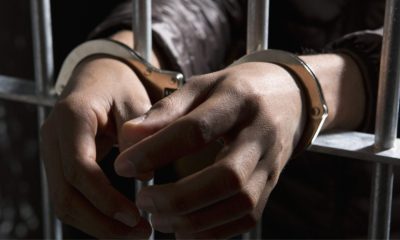
 International2 days ago
International2 days ago
 International2 days ago
International2 days ago








